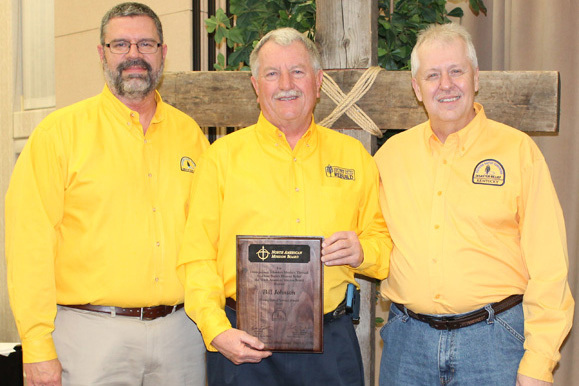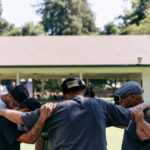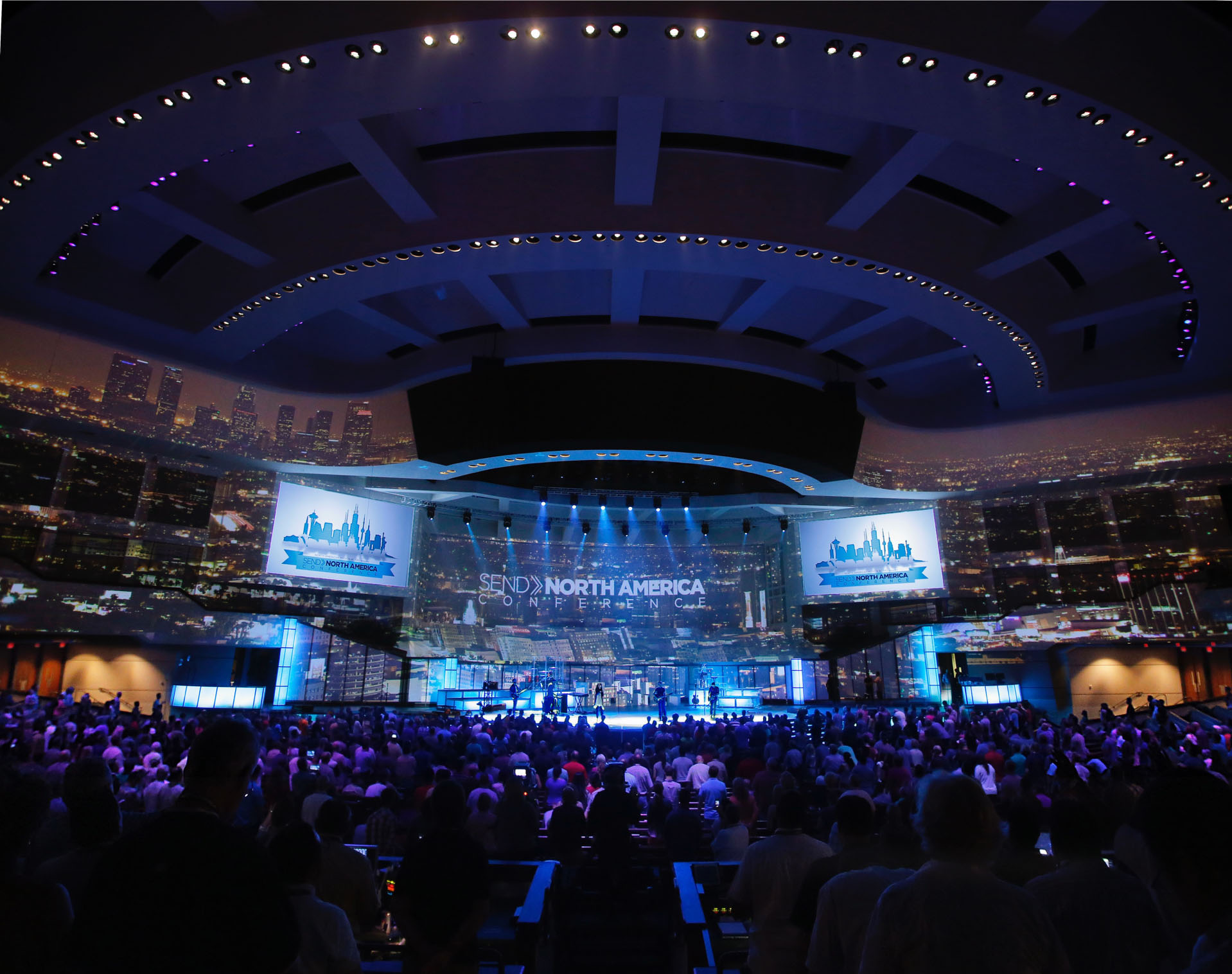 [1]
[1]NEW ORLEANS (BP) — Citing a recent U.S. Supreme Court decision, the Southern Baptist Convention’s North American Mission Board has asked the 5th U.S. Circuit Court of Appeals for a hearing by the full court in order to reconsider a ruling in a lawsuit filed by a former executive of the Baptist Convention of Maryland/Delaware.
Last month, a three-judge panel of the 5th Circuit remanded the case to a district court, reversing a dismissal decision from April 2019 that stated the court could not consider Will McRaney’s claims because of First Amendment legal precedent protecting churches and religious organizations from government interference.
McRaney was the executive director of the Baptist Convention of Maryland/Delaware from 2013 until June 2015. He filed suit in 2017, alleging that NAMB had intentionally defamed him and wrongly influenced his termination after a dispute over collaborative missions efforts in the region.
Hiram Sasser, executive general counsel for First Liberty Institute, which is representing NAMB, said the Supreme Court’s decision last month in Our Lady of Guadalupe School v. Morrissey-Berru “made it clear that the Constitution protects religious organizations’ independence and their right to choose their own leaders and ministers.”
“There should be no doubt that religious denominations have the freedom to choose who is best suited to lead their organizations and fulfill their religious missions,” Sasser said in a news release announcing the petition for a rehearing en banc. “The 5th Circuit should dismiss this case immediately.”
First Liberty Institute, the largest legal organization in the nation dedicated exclusively to defending religious liberty, and Wilmer Cutler Pickering Hale and Dorr, a full-service international law firm, filed the petition on behalf of NAMB. Both law firms have extensive experience in defending religious liberty and are working pro bono.
“We hope that the 5th Circuit as a whole will take another look at this case because it will impact church autonomy,” George McCallum, NAMB’s legal counsel, said in a statement. “Religious organizations — whether NAMB or a state Baptist convention or the local First Baptist Church — should be able to choose the leaders they believe are best suited to fulfill their religious mission.”
NAMB has consistently disputed McRaney’s claims, as has the Baptist Convention of Maryland/Delaware, which wrote in March 2016 that “any suggestion that the North American Mission Board or any of its officers influenced the separation of Dr. McRaney’s employment from (the Baptist Convention of Maryland/Delaware) is false.”
Senior Judge Glen Davidson of the U.S. District Court Northern District of Mississippi dismissed the lawsuit in April 2019, ruling that courts did not have jurisdiction because of the ecclesiastical abstention doctrine, which prevents the government from interfering in church or religious matters.
McRaney appealed to the 5th Circuit, saying the ecclesiastical abstention doctrine did not apply. After hearing oral arguments last February, the three-judge panel ruled in July the case should be remanded to the district court. While it didn’t determine whether the ecclesiastical abstention doctrine applied, the panel’s decision stated “the relevant question is whether it appears certain that resolution of McRaney’s claims will require the court to address purely ecclesiastical questions. At this stage, the answer is no.”
But in NAMB’s petition for a rehearing en banc, attorneys argued that the panel’s decision injected “courts into disputes between ministers and religious organizations concerning internal religious governance and leadership and denying religious groups the special solicitude afforded them by the First Amendment.”
The petition cited the 7-2 decision July 8 in Our Lady of Guadalupe, which involved teachers at two Catholic schools in Los Angeles. The decision was seen as expanding the reach of the “ministerial exception” previously recognized by the Supreme Court. In the petition, attorneys wrote that the court “reiterated that the Religion Clauses of the First Amendment secure ‘the general principle of church autonomy,’ which respects religious institutions’ ‘independence in … matters of church government.’”
NAMB’s petition further argued that the Supreme Court explained church autonomy to mean “religious institutions have ‘autonomy with respect to internal management decisions that are essential to the institution’s central mission,’ including ‘the selection of individuals who play key roles,’” and said the ministerial exception meant “courts are bound to stay out of employment disputes involving those holding certain important positions with churches and other religious institutions.”
Last month, after the three-judge panel’s decision, NAMB issued a statement noting “the Court of Appeals has not found NAMB at fault,” but instead ruled McRaney’s lawsuit had been “prematurely dismissed. … We have always disputed Will McRaney’s allegations, and we will continue our vigorous defense in the appropriate forum.”
After the hearing last February, McRaney told Baptist Press: “I can prove my claims, but I have to get to that point.”
Even if the lawsuit returns to the lower court, there’s no guarantee McRaney would get to that point. In its decision, the three-judge panel wrote:
“At this time, it is not certain that resolution of McRaney’s claims will require the court to interfere with matters of church government, matters of faith, or matters of doctrine. … If NAMB presents evidence of these reasons and the district court concludes that it cannot resolve McRaney’s claims without addressing these reasons, then there may be cause to dismiss.”
A decision as to whether the full 5th Circuit will hear the case is likely by the fall.









